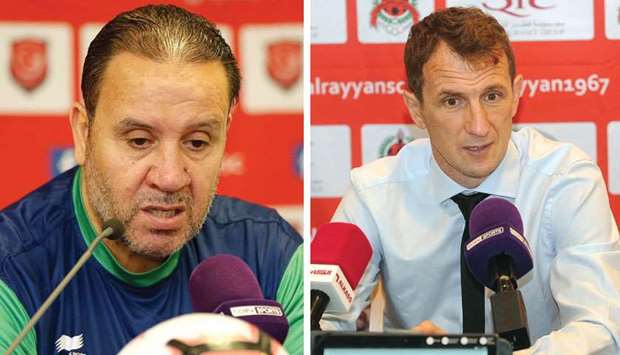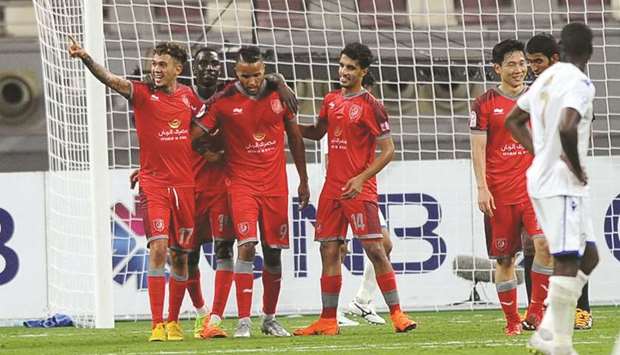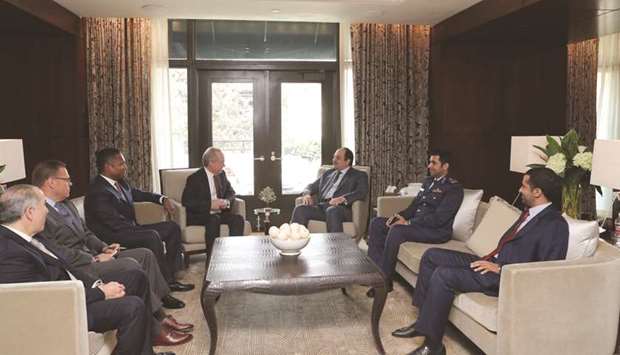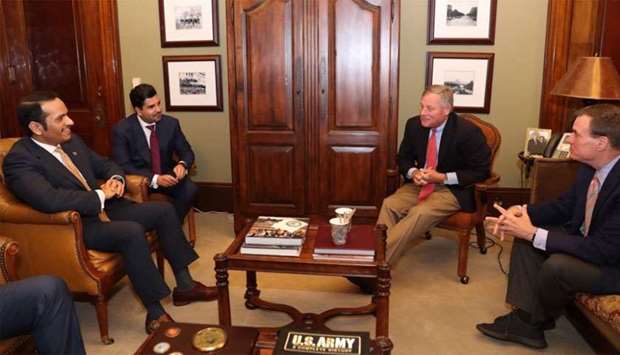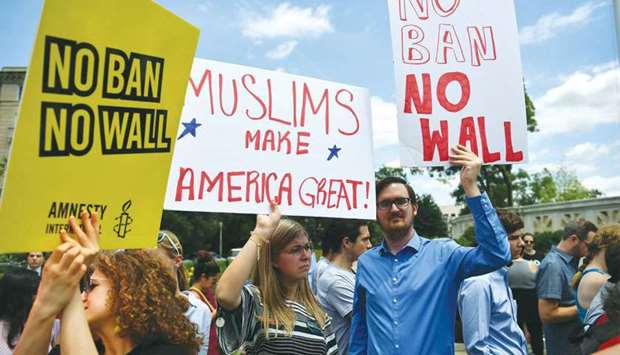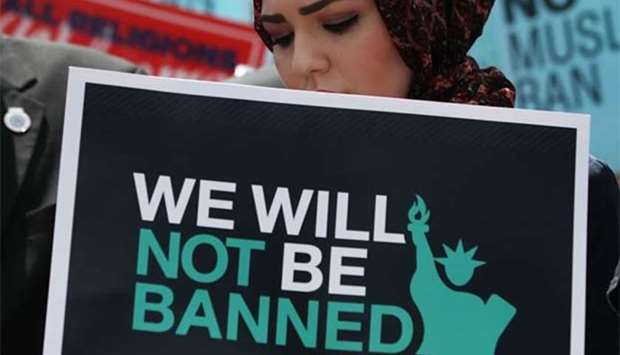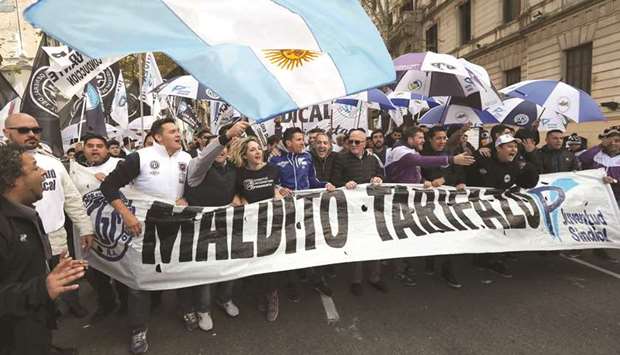Defending champions Al Duhail take on Al Rayyan in the QNB Stars League today at the Khalifa International Stadium with revenge on their mind. Duhail had lost to Al Rayyan on penalties in the season-opening Sheikh Jassim Cup, and they will look to set the record straight. Al Duhail have six points, but are currently second in the standings behind Al Sadd, who host Al Gharafa today, on goal difference. Rayyan stand in third spot with four points. Duhail would not want to drop points at any stage if they are to retain the title, while Al Rayyan have already lost two points following their 1-1 draw with Umm Salal in Week 2. The Red Knights will miss injured players Karim Boudiaf and Ismail Mohammed, who are recovering from surgery. However, they have the likes of Moroccan striker Yousef El Arabi, the league’s top scorer in the last two seasons, South Korean attacking midfielder Nam Tae-Hee, new recruit Edmilson, Lucas Mendes, wily forward Almoez Ali and young Bassam al-Rawi. Duhail’s new coach Nabil Maaloul said his team will be going all out for a victory. “This is an important encounter for us. We will try to continue in the same pattern and the team is ready for a big game before our AFC Champions League quarter-final first leg against Iran’s Persepolis next week,” he said. “And we certainly will not find any team better than Rayyan to give us a real test and we want to continue our good run. At the same time, we will put up our best despite the absence of some key players due to injuries,” the Tunisian added. “We have young players who are able to compensate for the seniors’ absence. Al Rayyan are always title contenders. Beating them will boost our morale, especially since they had beaten us in the Sheikh Jassim Cup,” said Maaloul. Al Rayyan are without their Moroccan spearhead Abderrazaq Hamdallah through injury. New recruit, Argentinian striker Jonathan Menendez, is a doubtful starter as he awaits his papers from former club Independiente. However, they have Rodrigo Tabata, Sebastian Soria, Khalfan Ibrahim, Abdulrahman al-Harazi, Daniel Goumou, Gonzalo Vieira and South Korean Koh Myong-jin. Al Rayyan coach Rodolfo Arruabarrena was hoping his team can beat Duhail again. “We are up against strong title contenders. Naturally, the game will be tough. We are correcting the mistakes we committed during our drawn encounter against Umm Salal. I wish we win this time too, having beaten Al Duhail in the Sheikh Jassim Cup,” said Arruabarrena. “I am happy with the team at my disposal, but I am not 100 per cent happy. Anyhow, at the end of the season, you will see Al Rayyan fight for many titles. We do not want to drop points unnecessarily,” the Argentine added. Meanwhile, Al Sadd and Al Gharafa will be extend to their winning run. Both teams are coming off victories. Al Sadd defeated Al Arabi 10-1, while Al Gharafa beat Al Sailiya 2-1 Al Sadd are the side with most Qatar League titles (13) and Al Gharafa, who managed to finish fourth last season, do not lag behind when it comes to history, tradition and performance. Al Sadd are in great form and top the QNB Stars League table ahead of Al Duhail on goal difference. They both have six points, but The Wolves enjoy a goal difference of +15 compared to The Red Knights’ +9. The Cheetahs thus made up for their loss to Qatar SC in the first round and are placed seventh in the table. Al Sadd famously boast players such as Xavi Hernandez, Gabi, Baghdad Bounedjah, Akram Afif, Hassan al-Haydous and Ali Asad. Bounedjah is the 2018-19 QNB Stars League’s top scorer with 10 goals. The Algerian ace netted a hat-trick in their 6-0 win over Al Kharaitiyat and followed it up with a seven-goal effort against Al Arabi. Al Gharafa have the likes of Wesley Sneijder, a FIFA World Cup runner-up with the Netherlands as well as UEFA Champions League winner with Inter Milan, Mehdi Taremi, Vladimir Weiss, Diego Amado and Ahmed Alaaeldin.
Saturday, February 14, 2026
|
Daily Newspaper published by GPPC Doha, Qatar.

